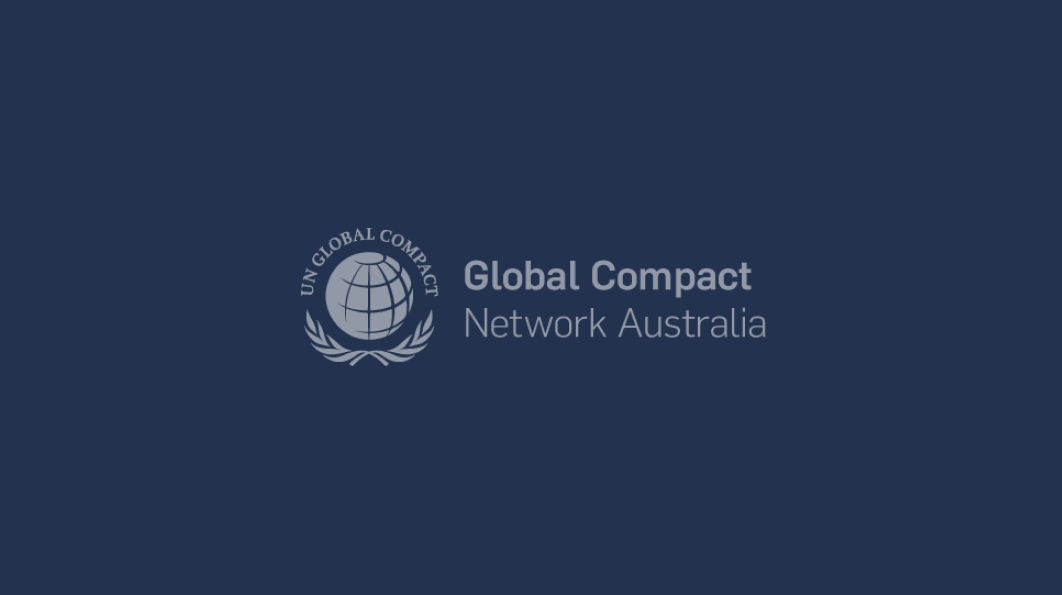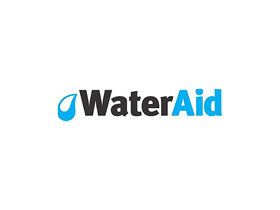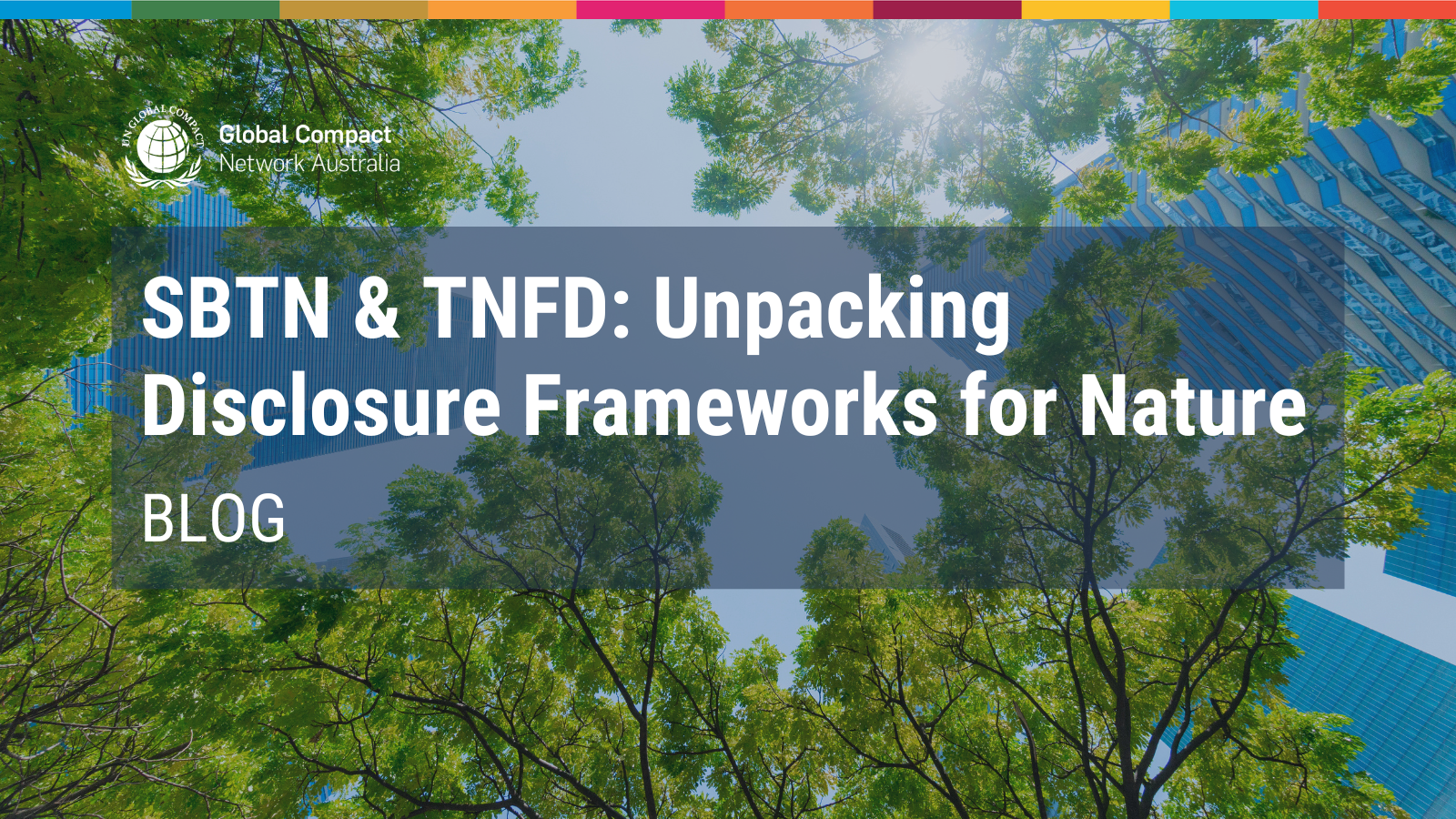
Environment & Climate Change, News
REFLECTIONS ON WORLD WATER WEEK
Mark Thomas | September 30, 2014
Water is life: a truism for sure, but no less true – and eminently self-evident at this year’s World Water Week (WWW, August 31-September 5) where the theme was water and energy, centred on the nexus between the two.
The World Water Week is a long and jam-packed week, beginning on Sunday and finishing Friday with informal networking events most evenings. Of course it’s impossible to attend everything, but I hope I managed to get to most of the relevant sessions to enhance WaterAid’s work and to challenge a few of my own assumptions.
The excellence of Stockholm as an event derives from the diversity of the program: it’s not simply a talk fest for the wealthy G20 nations, but a deep dive into the constraints on development, business and societal harmony from the enormous pressures facing water.
The most impressive aspect of WWW is the intersection of business, community, governments and the NGO sectors sharing case studies of success, plans for the future, ideas for improvement and business cards for collaboration. At this high level, it was very encouraging to see the CSR/Sustainability heads of large multi-nationals joining the discussions. What was lacking, unfortunately, was critical review of their sometimes wild claims of corporate social responsibility/citizenship.
There are big challenges ahead – particularly when discussing the new MDGs, where WaterAid is among the key drivers of the conversation. How do we help the 2.5 billion people who currently do not have access to improved sanitation? How can we manage an expected demand for water that will increase by 50% in 20 years? How can we overcome the lack of access to water, sanitation, and hygiene (WASH) that costs developing countries an estimated 7% of GDP every year? How do we solve the global poverty crisis and secure water and energy for the future, particularly for the emerging economic super powers such as India, China, Brazil and Indonesia? How can we address population growth for mitigating future water stress if we are not to colonise another planet? The water – food – energy nexus is the perfect storm and will be very difficult to manage.
The developing world wants what we have and why shouldn’t they? Unfortunately there simply isn’t enough water, or food or energy to satisfy the growing consumption patterns of the middle classes and the poor’s elevation from poverty. Major disruptions must occur, in our thinking, planning and avocations of resources. World Water Week went some way to raising the issues that all governments need to be considering – including ours.
As my UK colleague Tim Brewer highlighted in his presentation “How did Asian Tigers improve their sanitation so quickly?”, there are at least three key elements to consider:
- Political will. A determination at the highest level with a top-down approach engaging all actors.
- Money. Investment in not only the infrastructure but also the soft stuff – the behavioural change elements.
- Focus more strongly on the global health benefits of addressing these challenges.
There are hints for optimism: Gavin Power, Deputy Director of the UN Global Compact and Head of CEO Water Mandate, presented some encouraging updates including the growth in membership and the target of 1000 corporate members by 2015. This stream focused mainly on the large multi-nationals and their approach to sustainable water management. Unilever, H&M, Coca Cola, Pepsi, HSBC and Diageo were present sharing some enlightening case studies – encouragingly often working in partnership with large NGOs. My favourite is the HSBC water program that includes WaterAid, Earthwatch and WWF. This program invests $80 million over four years in programs that improve water access, quality and knowledge. (Of this, WaterAid receives $14 million to invest in improving water access in India and Nepal.)
The encouraging thing about events such as World Water Week is that you are surrounded by really smart people doing really great things to solve the world’s big problems. I felt incredibly fortunate that I can count them as my colleagues, friends and peers. And there are many politicians in Latin America and Europe and China getting great advice and, critically, planning. And then there is Australia and the US and Canada, all of which are committing us –and the world’s poor– to a much harsher future by not addressing climate change.
Innovation and multi-stakeholder collaboration are essential for effectively addressing these challenges. In fact, the final word of advice from the closing plenary panel was for all of us working in the sustainability/climate change space to find more friends and get there faster. And so the challenge went out: can we all, as practitioners and academics, find more friends to work with?
Mark Thomas is Corporate Relations Manager at WaterAid Australia


